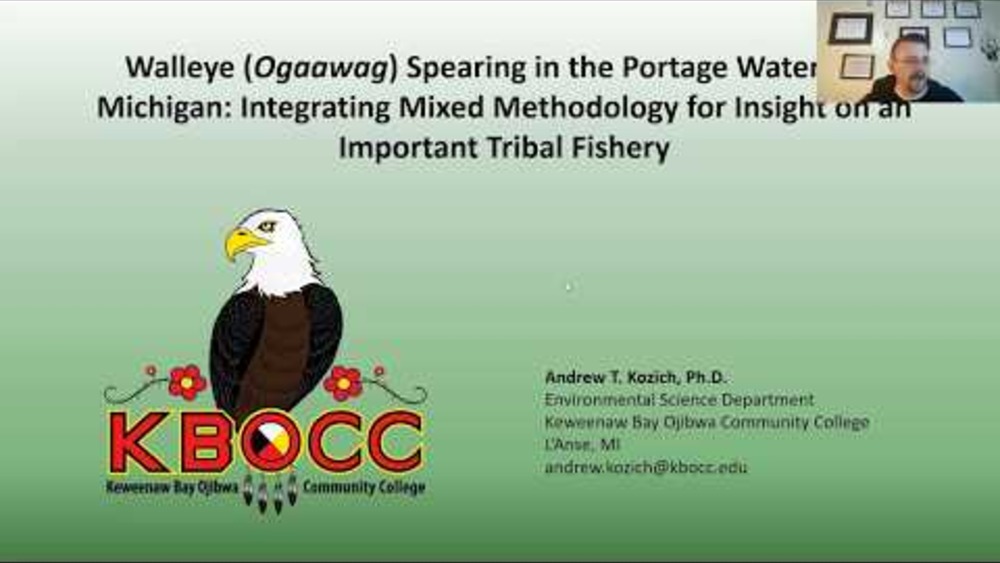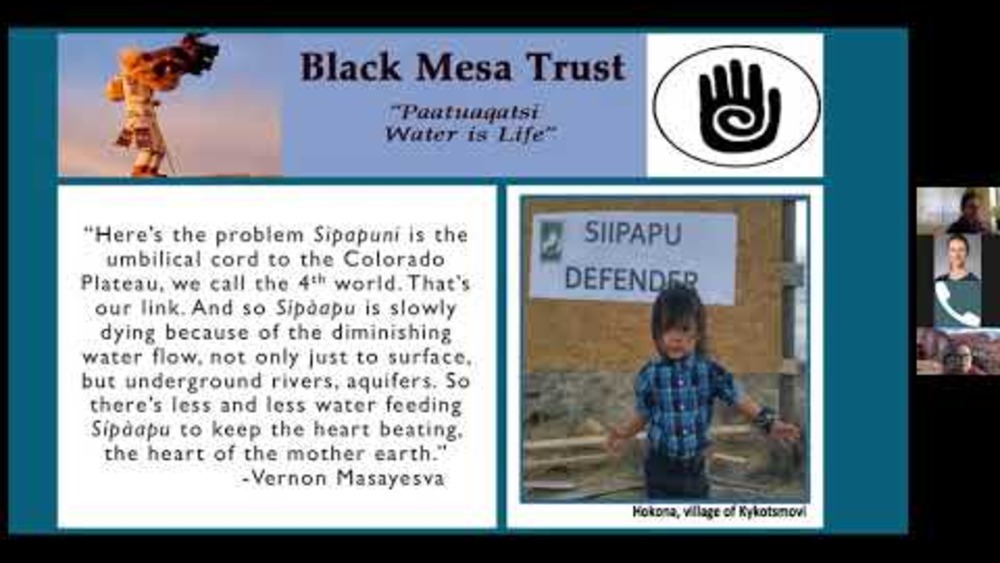“Water in the Native World,” a special issue on tribal water research was just released by the Journal of Contemporary Water Research and Education. This is the second time, Dr. Karletta Chief, the PI of the Community Engagement Core of the University of Arizona Superfund Research Center (UA SRC) has served as a guest editor to compile research highlighting important water research in tribal communities. Not only is the guest editor Indigenous but in this Special Issue nearly all of the co-authors are Indigenous and three publications (Bulltail and Walter, 2020; Conroy-Ben and Crowder, 2020, and Martin et al., 2020) are led by an Indigenous lead author.
Contact: Dr. Karletta Chief, Assistant Specialist & Professor, Environmental Physics and Hydrology
June 17, 2020
Speakers:
Lindsey Jones holds a MS in Environmental Sciences and Policy from Northern Arizona University. She graduated in 2019 and her thesis work focused on uranium and arsenic contamination issues in unregulated water sources on the western portion of the Navajo Nation. She is currently working as the Environmental Program Supervisor for Arizona’s Water Infrastructure Finance Authority. She may be contacted at lmj53@nau.edu or via mail at 700 South Osborne Dr., PO Box 5698, Flagstaff, AZ 86011.
Jani C. Ingram, PhD investigates environmental contaminants with respect to their impact on health. A major part of her research is focused on characterizing uranium and arsenic contamination in water, soil, plants and livestock. A critical aspect of her research is to foster collaborations with the Native American community and leaders to build trust, obtain access to field samples and gain insights into their health concerns. Recruiting Native American students to work with her as a Navajo principal investigator on the project and building an interdisciplinary, collaborative team of scientists with expertise in analytical chemistry, geoscience, cancer biology, and social sciences are also important to her research. She is a member of the Navajo Nation (born to the Náneesht’ ézhi clan) and is involved in outreach activities for Native American students in undergraduate and graduate research. She is the principal investigator of the Partnership for Native American Cancer Prevention and the director of the Bridges to Baccalaureate program. She was named the 2018 recipient of the American Chemical Society Award for Encouraging Disadvantaged Students into Careers in the Chemical Sciences.
All content courtesy University of Arizona Cooperative Extension
Additional Information
Jones, Lindsey & Ingram, Jani C. (June 17, 2020). “Dissolved Uranium and Arsenic in Unregulated Groundwater Sources – Western Navajo Nation.” University of Arizona Cooperative Extension. Video.


